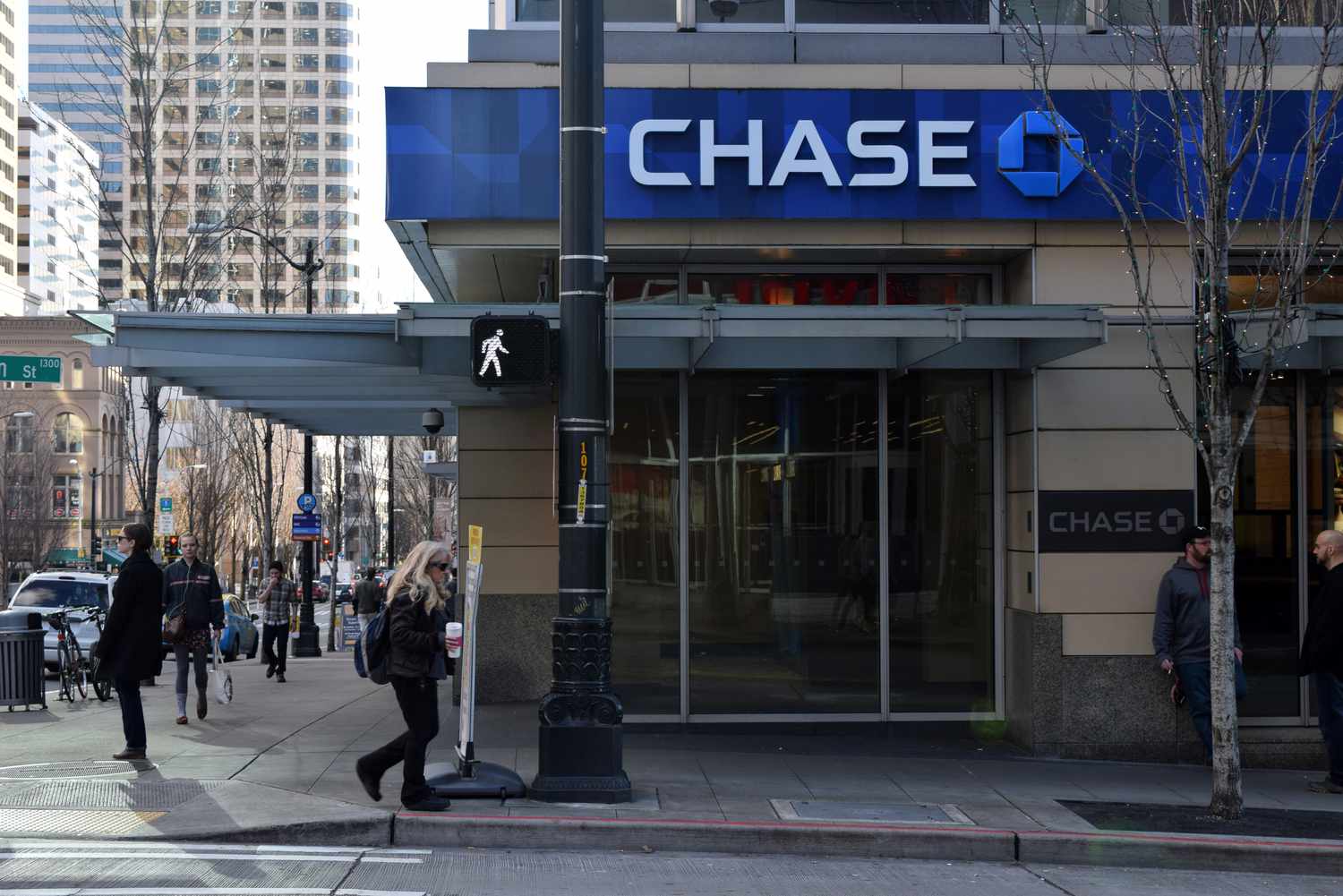In a move that’s set to send ripples through the cryptocurrency community, the British retail bank Chase, a subsidiary of JPMorgan (JPM.N.), has taken a firm stance. Starting October 16, the bank will put the brakes on customer transactions involving cryptocurrencies. The reason? A significant spike in cryptocurrency-related fraud and scams.

On September 25, a spokesperson for the bank made it crystal clear – UK customers of Chase Bank will no longer have the option to use their debit cards or conduct outgoing bank transfers for cryptocurrency-related activities. If you attempt such a transaction, brace yourself for a declined notification.
Why the sudden clampdown? Well, Chase Bank has been closely monitoring the situation and has come to a stern decision due to what it describes as an “increase in fraud and scams” linked to crypto assets.
The statistics are quite telling. Data from Action Fraud, Britain’s dedicated fraud reporting agency, paints a worrisome picture. It reveals that consumer losses in the UK arising from cryptocurrency fraud shot up by over 40% year-over-year as of May 2023. To put that in perspective, the losses in the United Kingdom have surpassed a staggering $300 million ($365 million), according to the agency’s estimates.
In an email dispatched to its customers, Chase Bank offered a word of caution, stating, “If we believe you are making a payment related to crypto assets, we will decline it. If you’d still like to invest in crypto assets, you can try using a different bank or provider instead – but please be cautious, as you may not be able to get the money back if the payment ends up being related to fraud or a scam.”
It’s a bold move that highlights the growing concerns surrounding the security and legitimacy of cryptocurrency transactions. While this may present a roadblock for some crypto enthusiasts, it underscores the importance of vigilance and due diligence when navigating the world of digital assets. Chase Bank’s decision, in essence, raises a critical question: Is the world of cryptocurrencies ready for a reality check when it comes to safeguarding consumers against fraud?


